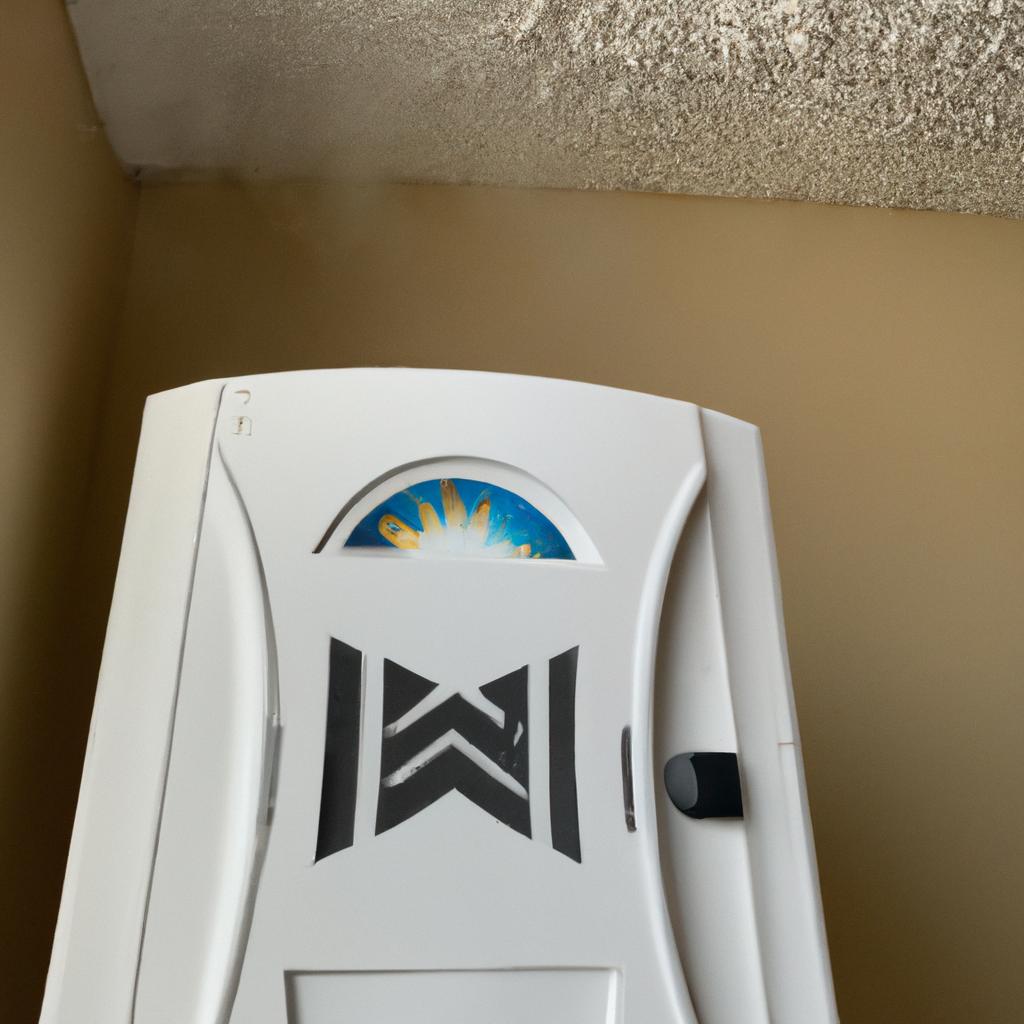Air conditioning units are a staple in many households, especially during the hot summer months.
Yes, air conditioning (AC) systems do take moisture out of the air. This process is called dehumidification. As the AC unit cools the air, it also removes excess moisture, which helps maintain a comfortable indoor humidity level. However, the effectiveness of moisture removal depends on factors such as the size and efficiency of the AC system, and the humidity levels in the environment. To optimize moisture removal, it is essential to regularly maintain the AC system and ensure proper sizing for the space it serves.
However, there have been some concerns about whether or not air conditioning units take moisture out of the air.
This is an important question to answer because excess moisture in the air can lead to mold growth and other health hazards.
Many people assume that air conditioning units naturally remove moisture from the air since they cool down the temperature. However, this is not entirely accurate.
While cooling down the temperature can lead to condensation on the coils of an air conditioner, which does remove some moisture from the air, it is not the primary function of an AC unit.
In this article, we will explore whether or not AC units take moisture out of the air and what impact this has on indoor humidity levels.
Definition Of Air Conditioners

Air conditioners, or ACs for short, are devices that are designed to regulate the temperature and humidity of a room or building. They work by drawing in hot air from the room and then cooling it down through a process known as refrigeration.
This cooled air is then circulated back into the room, effectively lowering the temperature and making it more comfortable for occupants.
ACs come in many different shapes and sizes, ranging from small window units to large central systems that can cool entire buildings.
They are commonly used in homes, businesses, and industrial settings to create a comfortable indoor environment.
However, their impact on humidity levels is often overlooked.
As we delve deeper into how air conditioners affect humidity levels, it’s important to first understand how they work.
How Air Conditioners Affect Humidity
As we have learned, air conditioners are designed to cool indoor spaces by removing heat from the air.
However, as a side effect of this cooling process, air conditioners also remove moisture from the air.
This is because warm air holds more moisture than cold air, so when warm air passes over an AC unit’s evaporator coils, the moisture condenses and drips off into a drain pan.
While lowering humidity levels is not the primary function of an air conditioner, it is certainly a beneficial side effect.
High humidity levels can lead to discomfort, mold growth, and even structural damage in extreme cases.
By removing excess moisture from the air, AC units help to create a more comfortable and healthy indoor environment.
In the next section, we will explore some of the specific benefits of lower humidity levels and how they can improve our quality of life.
Benefits Of Lower Humidity Levels
Lower humidity levels not only make the air more comfortable to breathe in, but they also offer a range of benefits for both health and home.
When humidity is high, it creates a breeding ground for dust mites, molds, and other allergens that can cause respiratory issues, especially for those with asthma or allergies.
Lower humidity levels can help reduce these irritants and improve overall indoor air quality.
In addition to health benefits, lower humidity levels can also protect your home from damage caused by excessive moisture.
High levels of humidity in the air can lead to mold growth on walls, ceilings, and carpets.
It can even cause wood floors to warp or buckle.
By reducing the amount of moisture in the air, you can prevent these costly damages and prolong the life of your home’s materials.
To further reduce moisture in the air and maintain lower humidity levels in your home, there are several steps you can take.
Steps To Reduce Moisture In The Air
Dealing with excess moisture in your home can be a challenging task.
Not only does it make the environment uncomfortable, but it could also lead to health problems and damage to your property.
However, there are steps you can take to reduce the amount of moisture in the air and create a healthier living space.
One effective way to reduce moisture is by using an air conditioner. While many people believe that AC units add moisture to the air, they actually help remove it.
As warm air passes over the evaporator coil in your AC unit, the cold coil absorbs heat and reduces humidity levels, resulting in drier air.
Additionally, keeping your AC filters clean helps improve its efficiency and effectiveness at removing moisture from the air.
Conclusion
In conclusion, air conditioners are a common appliance used to regulate the temperature and humidity levels in our homes. Air conditioners work by removing the heat from the air and circulating cool air back into the room.
However, many people wonder if air conditioners also take moisture out of the air. The answer is yes, air conditioners do remove moisture from the air.
This is because as warm humid air passes over the cold evaporator coil inside the AC unit, condensation occurs and water droplets form on the coil. This excess moisture is then drained away from the unit through a condensate drain line.
There are many benefits to reducing humidity levels in your home including increased comfort, improved indoor air quality, and reduced risk of mold growth.
In addition to using an AC unit to control humidity levels, there are also other steps you can take such as using a dehumidifier or ensuring proper ventilation in your home.
In summary, while air conditioners are primarily used for cooling purposes, they also play an important role in reducing moisture levels in our homes.
By understanding how they work and taking additional steps to reduce humidity levels, we can create a comfortable and healthy living environment for ourselves and our families.




